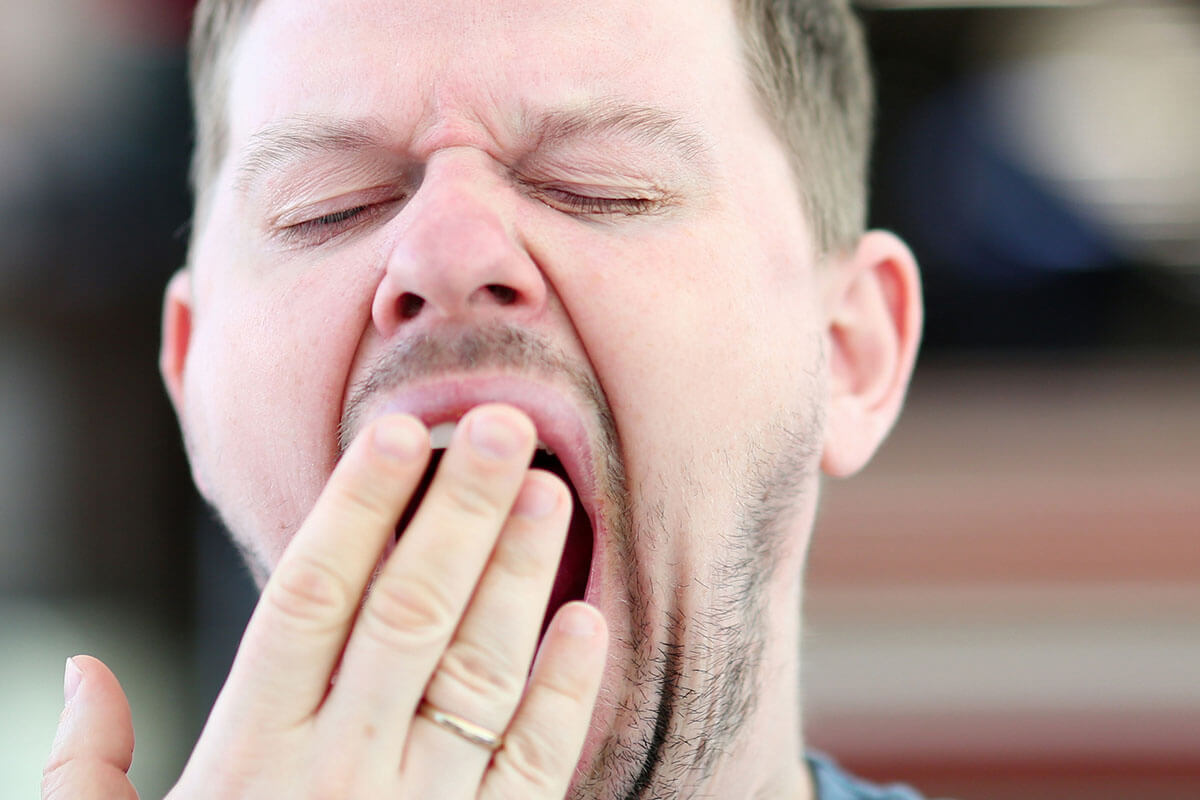Prescription painkillers, heroin, and morphine produce harsh opiate withdrawal symptoms if individuals go too long without using them. These symptoms are uncomfortable, causing feelings like a severe flu that last for a week or longer. To get through relapse healthily and gain the recovery you want, you need the help of a licensed rehab program.
Why Opiate Withdrawal Happens
Opiates change your brain chemistry and how your body responds to pain. Throughout your central nervous system – including your brain, cardiovascular system, and respiratory system – opioid receptors receive signals through chemicals known as neurotransmitters. These neurotransmitters create physical and emotional responses to the signals.
Instead of eliminating pain, opiates block pain signals. Furthermore, opiate addiction can easily change your body and brain’s reactions to it. At the same time, opiates provide pleasurable feelings of euphoria and relaxation through your brain’s reward and pleasure centers. When these changes happen, your body’s systems respond in different ways. Your heart rate drops. Your breathing, blood pressure and body temperature also decrease. Meanwhile, you feel pleasant, rewarding and euphoric feelings from your drug.
Using opiates for a period leads to physical and psychological dependence. This means your body adapts to having the drugs in your system. You no longer feel normal or “well” without the drugs. When you do not use more opiates for a period, this dependence causes you to feel opiate withdrawal effects.
Stages of Opiate Withdrawal
Fast-acting withdrawal symptoms begin about six to 12 hours after your last dose when you use short-acting opiates. If you abuse longer-acting opiates, withdrawal starts in about 30 hours. Symptoms you can expect include eye tearing, muscle aching, agitation, sleeplessness, anxiety, excessive yawning, sweating and nose running. You can also expect a racing heart, hypertension, and fever. Late-arriving withdrawal symptoms peak at about 72 hours after withdrawal begins. They usually last a week or more. These late withdrawal symptoms include nausea, diarrhea, vomiting, goosebumps, stomach cramps, depression and drug cravings.
Going through withdrawal in a licensed opiate detox center means you gain the support, care and comfort that only knowledgeable professionals can provide. These professionals know which medications give comfort for specific symptoms of opiate withdrawal. They ensure you are safe, well-nourished and healthy throughout your detox period. After withdrawal, you enter a licensed rehab program for education, therapy and support you need to gain lasting recovery.
Why Residential Treatment Is The Best Option for Opiate Recovery
Residential treatment works best for opiate addiction, as opposed to outpatient, intensive outpatient and other programs. This is because a residential program provides the focus, attention and round-the-clock support you need to gain freedom from opiates. In residential rehab, you spend every night at the facility, where you work and undergo therapies and other programs designed to meet your individual needs. Your treatment follows an individualized treatment plan based on your addiction, underlying conditions, recovery needs and goals for treatment.
Memphis-Based Treatment for Opiate Addiction
Opiates have swept the nation as one of the leading addiction problems. You suffer the ravages of this epidemic, yourself. This is why you need opiate treatment before you become another kind of statistic. Located in Memphis, TN, our proven addiction approach includes a quality opiate rehab program, along with types of substance abuse treatment.
Some recovery programs at Memphis Recovery Center include:
- Residential treatment
- Highly individualized focus
- Partial hospitalization program (PHP)
- Intensive outpatient program (IOP)
- Art and music therapies
- Individual counseling and group therapy
- Family therapy program
If you or someone you love need recovery for addiction to opiates, Memphis Recovery Center provides the help you need. Finally, call us today at 901-272-7751 to learn more about your lifelong recovery.








